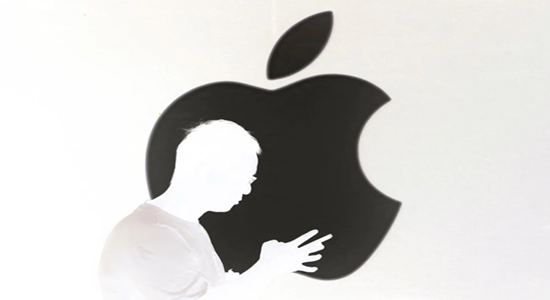
Does China need help to attain global reach for its repressive efforts? Well then, major corporations around the world, including Apple Inc., will provide that help.
The Chinese government has rules for apps. The rules are getting tighter. Apple’s latest compliance with China’s rules “plugs censorship loophole, creates new obstacles for developers,” according to a South China Morning Post report (October 15, 2023).
The new, tougher regulations make it harder for people in China to download various popular apps, such as those for Instagram, YouTube, and Twitter. Although these apps have long been blocked by China’s great firewall, web surfers in the know have been able to download them anyway by using a virtual private network to disguise their Chinese IP address.
But iPhone users in China could soon lose this virtual window…. Apple has recently begun asking app developers targeting mainland users to show proof of licensing from local internet regulators, in the US giant’s latest move to comply with censorship laws in one of its most lucrative markets.
Experts predict that Apple will soon start retroactively removing apps unlikely to be licensed, such as Instagram, Google and X [Twitter]. While some of these platforms are also reachable through web browsers using a VPN, Alex [a resident of Guangzhou in China] said the policy change would complicate his usage of the foreign-based platforms.
Meanwhile, many other services—such as WhatsApp, which has been steadily gaining traction in China—can only be accessed through an app.
The new regulations hinder apps that cater to Chinese users but do not operate locally. To be in Apple’s Chinese app store, apps must now “receive an Internet Information Provider (ICP) licence from Chinese regulators, which effectively requires all apps to use a mainland domain and be hosted by a local entity.” The new requirements for submitting an app to Apple’s Chinese app store will increase development costs and make it harder for developers to rapidly update their apps.
Samuel Jesse, founder of the Shanghai-based Digital Creative Asia, is telling foreign clients who want to keep their app in the Apple’s store that they must host it in China or create a version of the app for China that is separate from the global version. Any version available to Chinese users would have to comply with China’s censorship demands to get into Apple’s Chinese app store.
People in China will probably still have ways of getting unfiltered, uncensored apps, maybe via carrier pigeon. But it’s getting harder.





